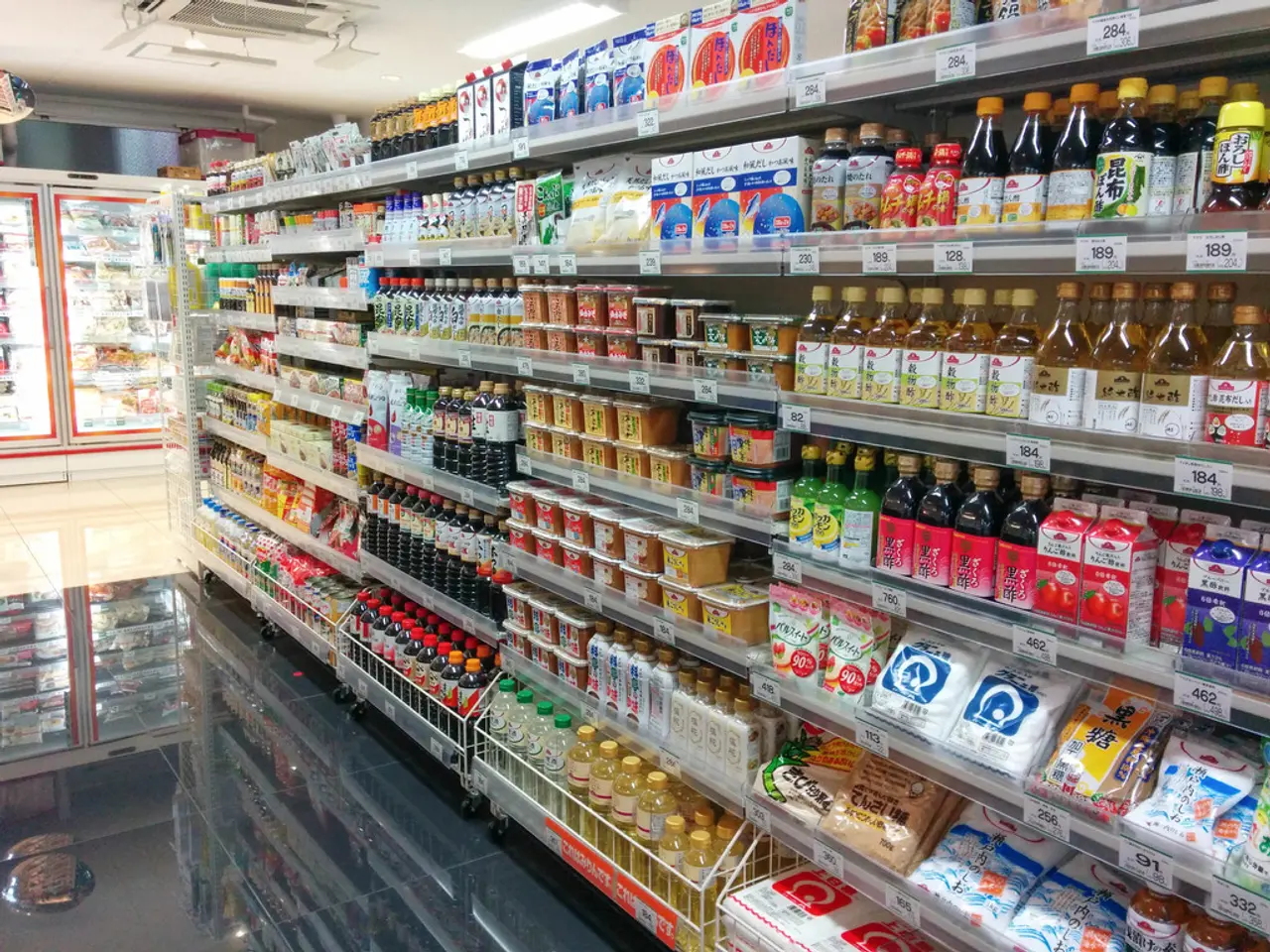Coupang's potential venture into offline retail, as tested through the acquisition of Homeplus, is under scrutiny.
Coupang, the e-commerce giant that led the domestic market in gross merchandise volume last year with a 22.7 percent share, has been suggested as a potential suitor for Homeplus, Korea's No. 2 discount supermarket chain, which is up for sale through a full-package merger and acquisition process.
Homeplus, which owns 126 hypermarkets and 308 smaller-format stores across the country, has been grappling with financial difficulties and is currently undergoing a court-led corporate rehabilitation process that includes closing stores and seeking new ownership. The company posted an operating loss of 314.2 billion won last year, marking its fourth consecutive year in the red.
If Coupang were to acquire Homeplus, it could become a full-spectrum retail powerhouse, with the potential to deepen its understanding of consumers and strengthen brand loyalty. The acquisition could also immediately boost Coupang's logistics capabilities, adding a nationwide network for food distribution, last-mile fulfillment, and physical brand presence.
However, Coupang has consistently expressed that entering offline brick-and-mortar retail is not attractive given its extensive existing distribution network and nationwide bases. The possibility of Coupang acquiring Homeplus is discussed in the context of Homeplus's ongoing financial difficulties and the challenging environment for offline retail.
Potential Benefits of the Acquisition
Acquiring Homeplus could help Coupang secure important offline distribution infrastructure, potentially enhancing its logistics and market reach. Homeplus’s network might facilitate synergy in handling domestic agricultural products, especially with the involvement of Nonghyup and ongoing Korea-U.S. tariff negotiations, possibly supporting broader supply chain advantages. The acquisition could also provide Coupang with a deeper understanding of its consumers and strengthen brand loyalty.
Challenges and Reasons for Coupang’s Reluctance
Despite the potential benefits, Coupang faces several challenges in acquiring Homeplus. The financial and market pressures in offline retail, including Homeplus's store closures and liquidity problems, indicate a challenging environment. Other major retailers like Lotte Shopping and E-Mart are reducing their number of physical stores, suggesting that current market conditions discourage expansion through brick-and-mortar assets.
Moreover, government intervention could influence ownership outcomes due to employment and other social considerations, adding complexity to any takeover. The labor union of Homeplus is calling for direct government intervention and regulatory oversight should an M&A proceed.
Other Potential Suitors
Other potential suitors for Homeplus include retail operators such as the National Agricultural Cooperative Federation, Shinsegae's E-mart, and Lotte. Naver, a deep-pocketed rival, poses fierce competition in the e-commerce landscape. If Coupang were to acquire Homeplus, it could give it an edge in an e-commerce landscape increasingly defined by competition from Naver and rising Chinese players like AliExpress and Temu.
As of the end of last year, Coupang held 5.77 trillion won in cash and equivalents, with a net cash position of 2.08 trillion won after debt. This financial capacity allows Coupang to absorb Homeplus' distressed debt while retaining ample headroom for further capital investment. Private equity owner MBK Partners has signaled its willingness to forgo its 2.5 trillion won equity stake in Homeplus.
The sale price for Homeplus could fall below 1 trillion won if the buyer uses a real estate-backed financing structure. However, the estimated liquidation value stands at 3.7 trillion won, higher than its going-concern value of 2.5 trillion won. The acquisition could enable Coupang to complete an Amazon-style model within the Korean market.
In summary, while Coupang is a leading candidate to acquire Homeplus, it has publicly maintained that offline retail is less attractive due to its strong existing logistics foundation. If it proceeds, the acquisition might create supply chain and local network synergies but would also involve navigating Homeplus's financial distress, store closures, and challenging offline market dynamics. The deal could potentially elevate Coupang's presence as a brick-and-mortar player, but it remains to be seen whether the benefits will outweigh the challenges.
- In the event that Coupang acquisition of Homeplus occurs, it could expand Coupang's business to a full-spectrum retail market, leveraging Homeplus' physical stores to deepen its understanding of consumers and strengthen brand loyalty.
- Despite the potential benefits, technology powerhouse and e-commerce giant, Coupang, is reluctant to enter the offline retail business as it already possesses an extensive distribution network, and faces challenges such as financial and market pressures, government intervention, and competition from established players in the Korean market.




